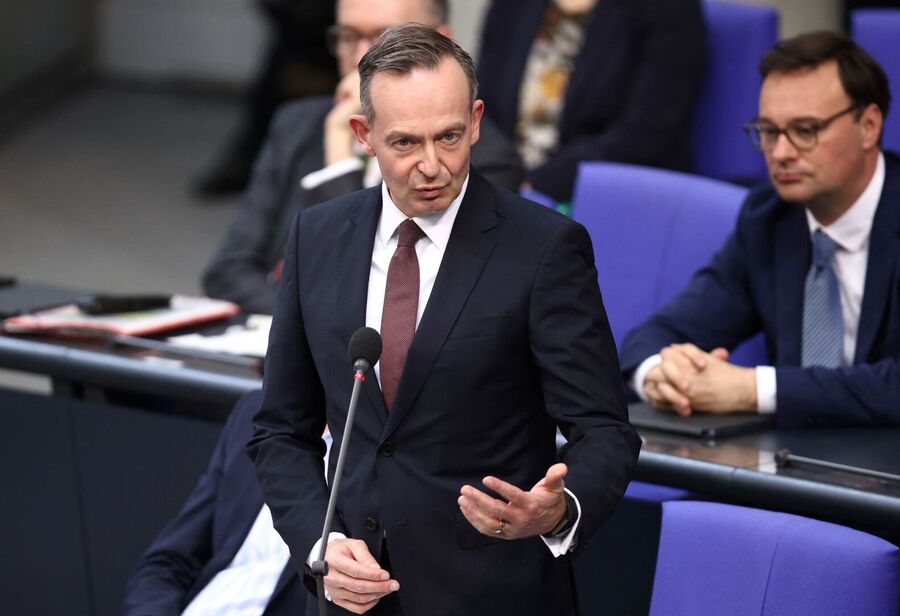
Greenhouse emissions of Europe's biggest economy fell to the lowest level in 70 years in 2023, but the transport sector has been consistently failing to meet its climate targets.
Comment: Naturally. The targets have no basis in the reality of the situation.
According to the current climate protection law, the ministry responsible for underperforming sectors must launch an immediate program to put them back on track.
The transport minister has so far resisted introducing such a program for the sector, saying incoming amendments to the climate protection law would allow the sector to miss its CO2 cuts target if Germany's total emissions target is met.
The transport ministry said reforming the sector is more challenging than other areas of the economy because it affects people's everyday lives which cannot be changed quickly.
For months, the government coalition of the Social Democrats (SPD), Greens and pro-business FDP has been in negotiations about the amendments but has not yet reached an agreement.
In a push to get his coalition partners to quickly approve the changes, Wissing said the ministry would have to enforce a ban on driving to meet the current law requirements if the amendments do not come into force before mid-July.
"A corresponding reduction in traffic performance would only be possible through restrictive measures that are difficult to communicate to the population, such as nationwide and indefinite driving bans on Saturdays and Sundays," Wissing wrote in a letter dated Thursday to coalition parliamentary group leaders.
The letter was heavily criticized by the coalition partners and environmental groups as irresponsible scaremongering at a time when Germans' appetite for more green policy has seemed subdued.
The transport ministry said on Friday the minister's letter was not a threat but rather expressing the opinion that the parliament should live up to its responsibility and agree upon the amendment.
"It is a minister's responsibility to point out the dangers," a spokesperson for the ministry said.
"It is not responsible for a minister to stir up unfounded fears," Green Party parliamentary group leader Katharina Droege said on Friday, calling on the minister to make sensible suggestions for more climate protection in the sector.
Social Democrats (SPD) deputy parliamentary group leader Detlef Mueller said such manoeuvres would not advance the negotiations in parliament on the new climate protection law.
"Scaremongering through absurd proposals does not help climate protection in the transport sector at all, on the contrary," Mueller said.
FDP party leader and Finance Minister Christian Lindner supported Wissing's threat.
"The climate protection law of the previous government could soon lead to driving bans!" Lindner wrote on social media platform X on Friday.



This "fall of emissions" coincides to 100% in a reduction of industrial output in Germany. In in this case, it can easily been shown this relation is causative.
Which is like cutting off your arms and legs to loose weight.
The great reset is coming - only it will look totally different from what the psychopaths in Bruessels, London, Washington and Berlin imagined it to be ...